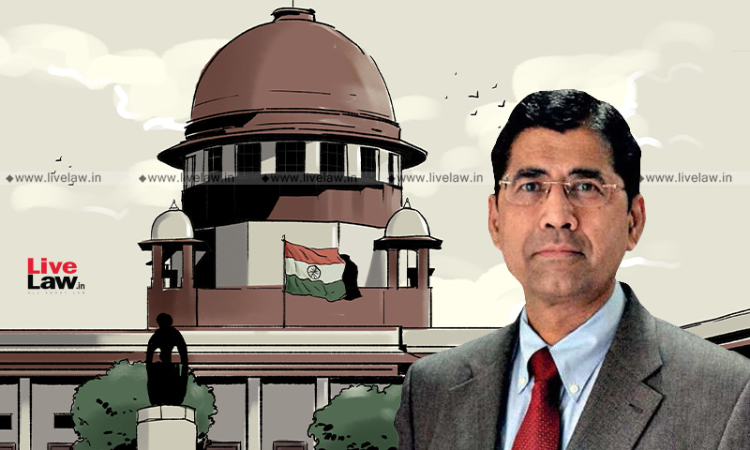Next Story
27 Aug 2022 12:38 PM IST
"The law is shaped not merely by the majority rulings but sometimes it is shaped by the great dissenting judgments on our Constitution. What appears to be a dissenting view, a view contrary to popular public opinion later becomes the law of the land. We have these dissenting views of Justices Brandeis and Holmes which became the law in the US", Senior Advocate Arvind Datar has...

